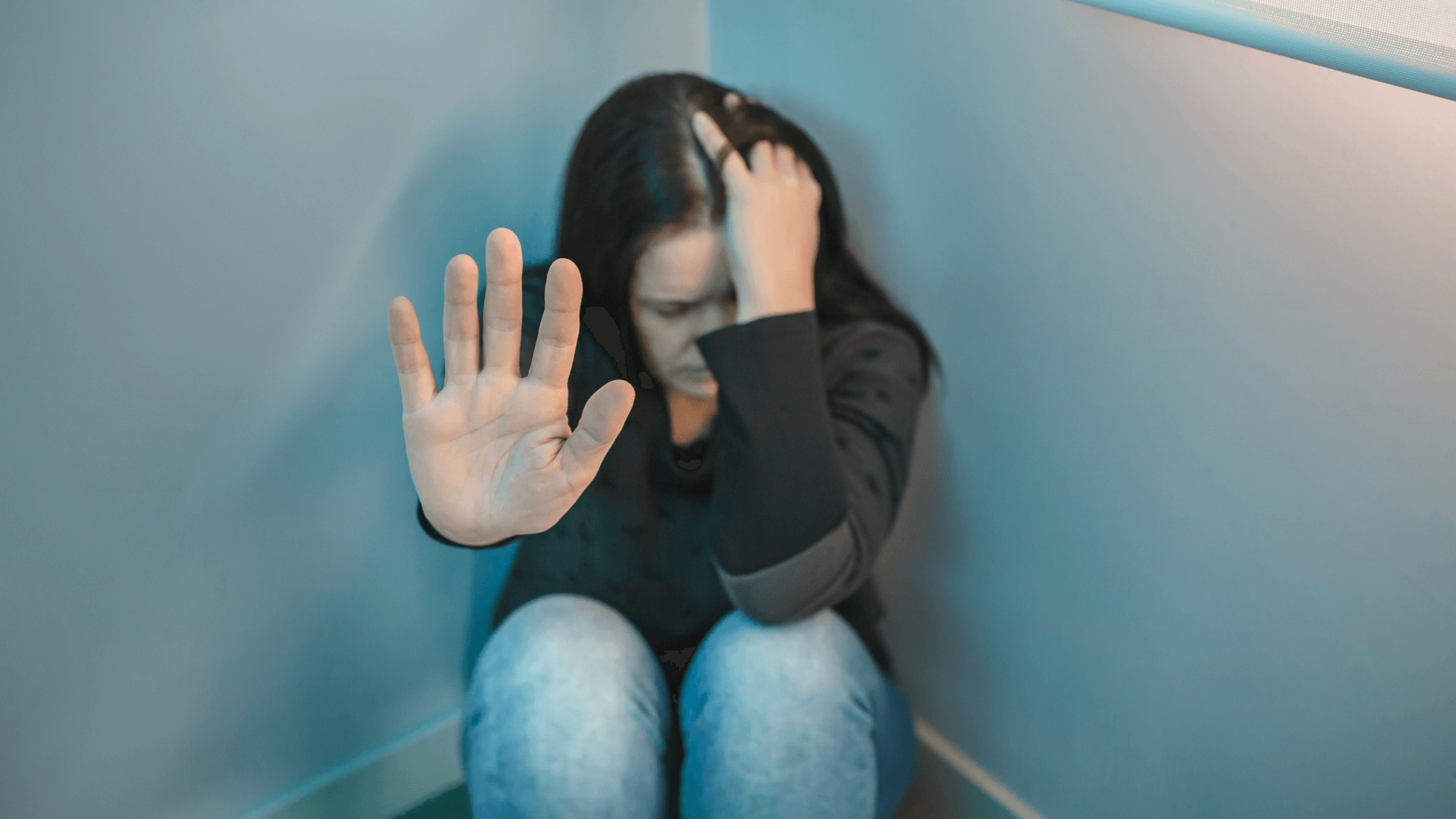Did you know that jails and prisons are considered the largest providers of mental health services in the U.S.? About 2-in-5 jailed people have a history of mental illness, making mental health care a necessity at correctional centers. But, many people think more can be done to help care for inmates with mental health issues.
The Scope of the Issue
Mental health issues are common in correctional centers, with up to 64% of incarcerated people reporting mental health concerns. The percentage is three times more than the general population.
Conditions such as depression, anxiety, post-traumatic stress disorder (PTSD), bipolar disorder, and schizophrenia are prevalent among incarcerated people.
The reasons for the high rates are multifaceted. Many people enter the correctional system with untreated or undiagnosed mental health conditions stemming from:
- Socioeconomic Factors. Poverty, homelessness, and lack of access to mental health care contribute to a cycle of incarceration for those with untreated illnesses.
- Trauma. Many inmates have histories of trauma, including childhood abuse, domestic violence, or military combat. One study found that 95% of incarcerated people have experienced at least one traumatic event.
- Substance Abuse Disorders. Co-occurring mental health and substance use disorders are common in jailed people, with mental health disorders resulting in addiction that then leads to criminal behavior. About 65% of the prison population has an active substance use disorder.
The Importance of Mental Health Care in Prisons and Jails
There’s an obvious need for mental health care as a part of correctional healthcare. Whether the mental health concern results in incarceration or vice versa, many jailed people need this help, making providing it essential on many levels.
Humanitarian Perspective
Caring for jailed people with mental health issues is a moral imperative. Every person, regardless of their incarceration status, deserves access to appropriate medical care, including mental health support.
Untreated mental illness can lead to severe suffering, isolation, and a diminished quality of life.
Providing mental health care demonstrates compassion and upholds human rights.
Addressing mental health needs also helps foster a more rehabilitative environment, aiding in successful reintegration upon release.
Public Safety Implications
The benefits of mental health care in prisons extend beyond individuals. It also enhances public safety.
Effective mental health treatment can reduce recidivism rates. When people receive the care they need, they are better equipped to manage their conditions and reintegrate into society without resorting to criminal behavior.
Additionally, untreated mental illness often contributes to behavioral issues within correctional facilities, creating safety risks for staff and other inmates.
By providing comprehensive mental health support, prisons can promote stability and minimize incidents of violence or self-harm.
Financial Considerations
Investing in inmates’ mental health care is ethical and cost-effective. While the upfront costs of expanding mental health services may seem significant, they pale in comparison to the long-term expenses associated with untreated conditions.
Without care, jailed people with mental health issues may require costly crisis interventions, extended incarceration due to behavioral infractions, or emergency medical treatment.
Also, reducing recidivism through effective mental health care decreases the overall financial burden on the criminal justice system.
The Bigger Picture
By prioritizing mental health care in prisons, society sends a powerful message that rehabilitation is more important than punishment. When correctional systems address the root causes of criminal behavior, they create a ripple effect of positive outcomes. This approach fosters healthier communities, reduces crime rates, and strengthens the societal fabric.
Best Practices for Caring for Inmates with Mental Health Issues
Understanding the need for mental health care for jailed people is one thing. Investing in that care and recognizing how to deliver it is another. Here are some best practices for caring for incarcerated people with mental health issues.
Screening and Diagnosis
Early identification of mental health conditions is the foundation of effective care. Upon intake, inmates should undergo comprehensive mental health evaluations conducted by trained professionals. These assessments can help identify existing conditions, assess the risk of self-harm, and ensure timely intervention.
Access to Treatment
Effective treatment requires a range of services tailored to the population’s diverse needs. Correctional facilities should prioritize at least the following approaches:
- Therapeutic Interventions. These interventions may include individual and group therapy. Regardless, the approach should be trauma-informed, which means understanding and recognizing the role trauma plays in mental health issues.
- Medication Management. Ensuring access to psychiatric medications for conditions requiring that type of treatment.
Training for Correctional Staff
Correctional officers often serve as first responders to mental health crises. Providing them with appropriate training can dramatically improve outcomes.
This training means ensuring that correctional staff:
- Can recognize the signs of mental illness
- Understand trauma-informed care
- Know when they need to call in a mental health professional
- Practice de-escalation techniques to help calm tense situations without resorting to force
- Understand crisis intervention tactics to help them respond effectively to mental health emergencies
Collaborative Care Models
Effective mental health care requires a collaborative approach integrating correctional centers with external resources. Ideally, the correctional center could provide inmates with mental health issues with the following resources:
- Mental Health Professionals. Partner with psychologists, psychiatrists, and social workers to provide specialized care.
- Community Partnerships. Build connections with community organizations to ensure a seamless transition for inmates re-entering society.
- Post-Release Support. Develop reentry programs that provide continued access to therapy, medications, and social services to reduce the risk of relapse or recidivism.
Overcoming Barriers to Effective Care
Unfortunately, knowing the best way to care for inmates with mental health issues doesn’t mean it always happens. Some barriers, like the ones below, must be overcome to make this much-needed care happen.
Stigma Reduction
One of the most significant obstacles to providing adequate mental health care in correctional centers is the stigma surrounding mental illness. Both inmates and staff may hold misconceptions about mental health, viewing conditions like depression or anxiety as weaknesses or behavioral problems rather than legitimate medical concerns. Education is key to reducing this stigma.
Improving Resource Allocation
Many correctional facilities operate with limited budgets, which often leads to underfunded mental health services. Overcoming this barrier requires strategic advocacy and prioritization. Policymakers must allocate resources specifically for mental health services in correctional settings, recognizing the long-term societal benefits of addressing these issues.
Policy Changes
Systemic reform is essential to ensure that mental health care becomes a standard part of correctional operations rather than an afterthought. These changes mean:
- Mandating Mental Health Care. Advocating for laws that require all correctional centers to provide comprehensive mental health services, not just reactive treatments as necessary.
- Decriminalizing Mental Illness. Working toward policies that divert people with mental health issues away from incarceration and into treatment programs whenever appropriate.
- Data-Driven Decision-Making. Using research and evidence to inform policies, ensuring that interventions are effective and tailored to the needs of the people being treated.
Enhancing Staff Support and Training
Correctional staff don’t just need training to fulfill their roles and duties as described above. They also need to understand how to recognize mental health concerns in themselves and others. After all, their job is extremely stressful. Offering them mental health support can improve their ability to effectively care for themselves and others.
Building a Continuum of Care
Technically the job of corrections is done when the person is released from custody. But, about 70% of incarcerated people re-offend, according to federal estimates. The goal should be to keep these people from returning. Part of fulfilling that goal lies in providing mental health support. This is why developing robust reentry programs that include mental health treatment, job training, and housing support is important. Also, establishing partnerships with local mental health organizations to ensure continuity of care after release.
Mental Health Services with TK Health
TK Health offers correctional health care services to about 140 jails in Oklahoma and throughout the region. Our mission is to provide quality care, including mental health care, to those in our correctional partners’ care. To fulfill this mission, we provide various services, including mental health and psychiatric care and tele-psych services. To learn more about partnering, contact us today.

